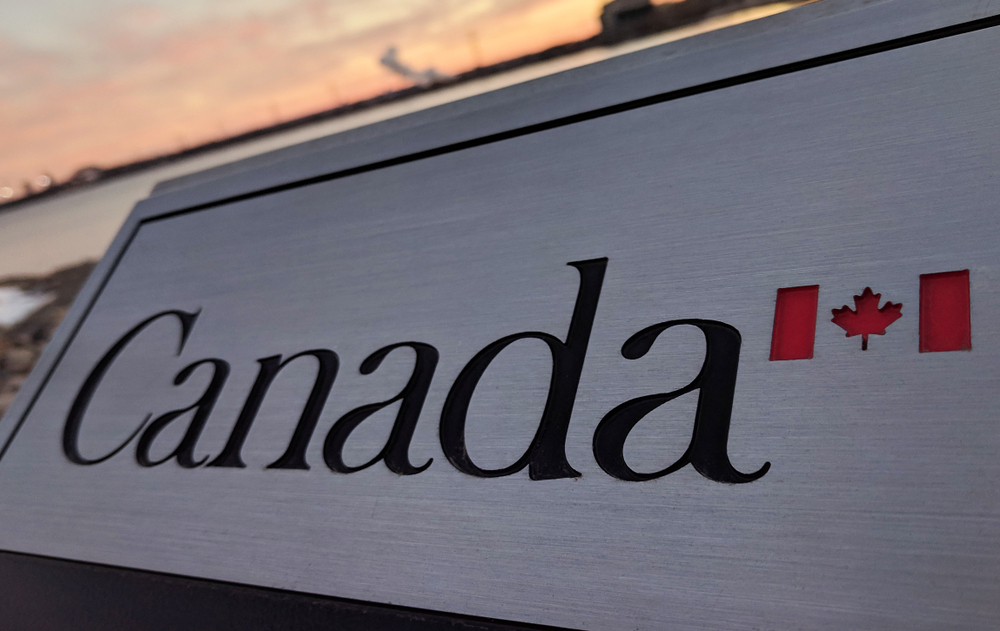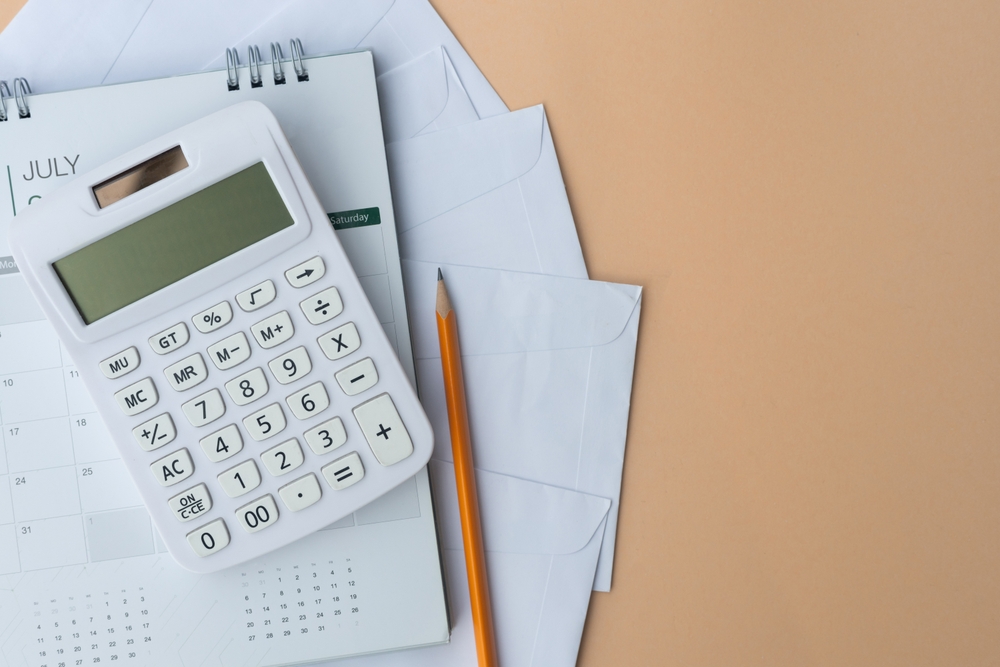Debt collection can be a stressful and intimidating experience. If you’re dealing with persistent calls and letters from collection agencies, you know just how overwhelming it can feel.
Debt collection can be stressful and intimidating for anyone in Canada, from constant calls and letters from collection agencies to the anxiety of a court trial. But, once you understand the legal side of debt collection and the potential for debt relief, you might have a clearer picture of what to do.
Let’s try to understand debt collection in Canada a bit better, including when collection agencies might take legal action. Whether you’re dealing with debt from payday loans, credit card debt or unmanageable student loans, we’re here to give you the information you need to make a confident next step.
Key Points
- What do debt collection agencies do?
- What are the legal rights of debt collectors?
- What happens if a debt collector takes you to court?
- How to prevent and manage legal action from a debt collector
- Take back financial control today with Harris & Partners
What do debt collection agencies do?
Debt collection agencies recover unpaid debts on behalf of creditors. If you’ve fallen behind on debt payments, these agencies may contact you to collect what you owe.
Typically, the debt collection process begins when your debts have been unpaid for a long period of time, and no debt relief solutions have been pursued.
Initially, you might receive collection calls and letters reminding you of your overdue debt, encouraging you to make payments. These collection calls can be persistent and sometimes overwhelming, but it is standard practice.
What are the legal rights of debt collectors?
Debt collectors can only take you to court under certain conditions.
First, the debt must be significant enough to cover the legal costs. They are more likely to pursue legal action if they believe they can recover the money.
Second, they should know you have assets or income that can be used to pay off the debt.
Another important thing to remember is the statute of limitations, which is the time limit within which a debt collector can sue you for unpaid debt. This limit varies from province to province:
- 2 years – Alberta, British Columbia, New Brunswick, Nova Scotia, Ontario, Saskatchewan.
- 3 years – Quebec.
- 6 years – Manitoba, Newfoundland and Labrador, Prince Edward Island, and the Territories.
Knowing these time frames can help you better understand your position. It can also protect you from unreasonable pressure and make sure you’re aware of your rights under Canadian debt collection laws.
What happens if a debt collector takes you to court?
Here are the possible outcomes if a debt collector takes you to court:
- You successfully defend yourself in court, and you don’t pay anything. This outcome is rare but possible if you have a strong defense.
- If you fail to respond to the lawsuit, the court may issue a default judgment in favor of the creditor. This means you automatically lose the case and must pay the debt.
- Before or during the court process, you might reach a settlement agreement with the creditor. This often means you agree to pay a portion of the debt, and the creditor agrees to forgive the rest.
- If the creditor wins the lawsuit, they might get a court order to garnish your paycheques. This means a portion of your income will be automatically deducted until the debt is paid off.
- In some cases, creditors can seize your assets to repay the debt. This might include bank accounts, property, or other valuables.
How to prevent and manage legal action from a debt collector
Dealing with debt collectors can be stressful, but there are steps, and debt relief plans you can open up to prevent and manage legal action.
Communicate with your creditors
Always keep the lines of communication open. Ignoring calls and letters can make the situation worse. Let your creditors know you are aware of your debt and are willing to discuss solutions.
Negotiate payment plans or settlements
Often, creditors are willing to negotiate a payment plan that fits your financial situation. You can also try to settle the debt for a lower amount. Being proactive in these negotiations shows that you are committed to resolving the issue.
Explain your financial situation
Consider writing letters or emails to your creditors explaining your financial difficulties. Provide as much detail as possible and keep copies of all correspondence. This shows your willingness to pay and creates a useful record if legal action is taken.
Explore debt relief options
If you’re struggling with debt collection, you don’t have to face it alone. There are debt relief options available. Consumer proposals, debt consolidation loans and bankruptcy are all viable options that could put you back in control of your finances and potentially even stop those stressful collection calls.
Take back financial control today with Harris & Partners
We know that facing a court date, either for personal debts or business debts, is frightening. But knowing what could happen can help you feel more prepared. If you’re stuck with questions and aren’t sure about what to do in terms of debt relief, give the team at Harris & Partners a call today at 800-268-8093 or email us at hello@harrispartners.ca.
We have decades of experience helping Canadians just like you overcome their debt struggles. No matter what type of debt you’re dealing with, you can count on our team of Licenced Insolvency Trustees to help you find a way out.










